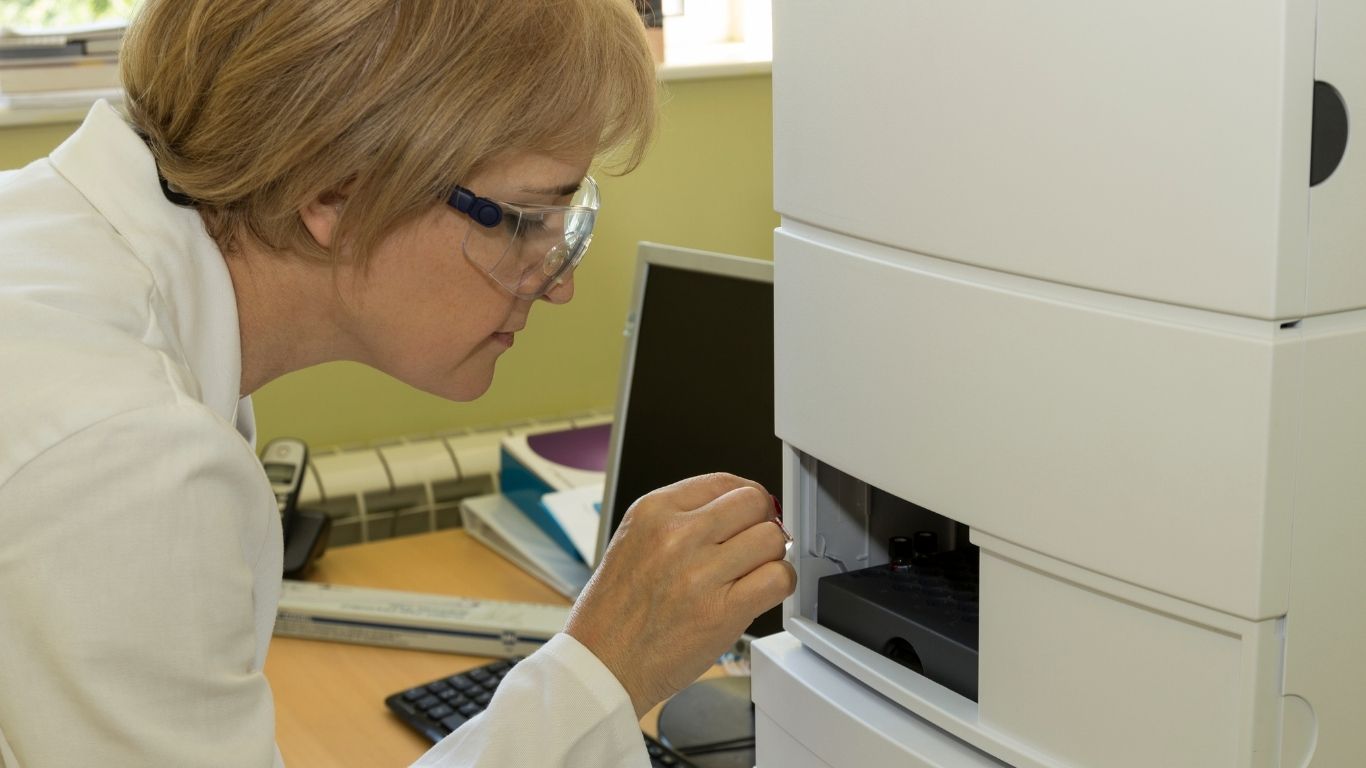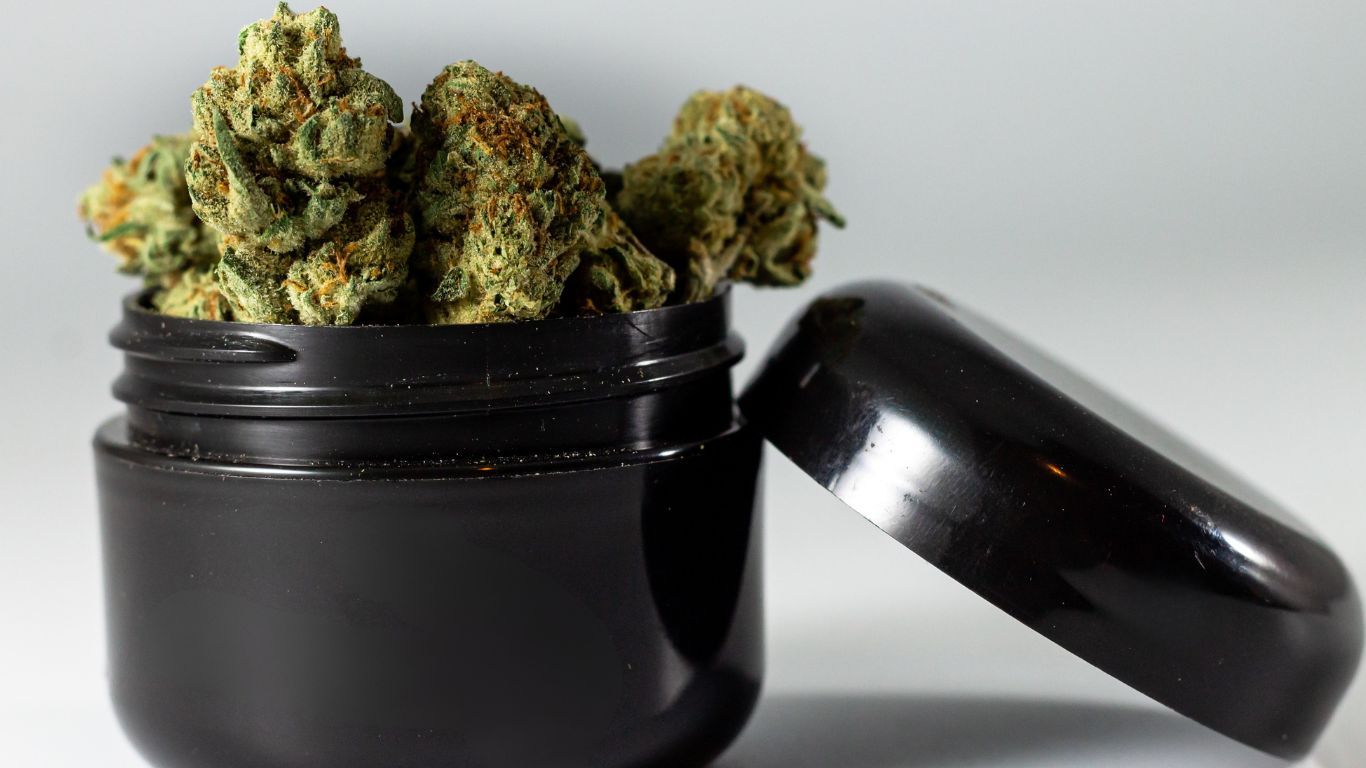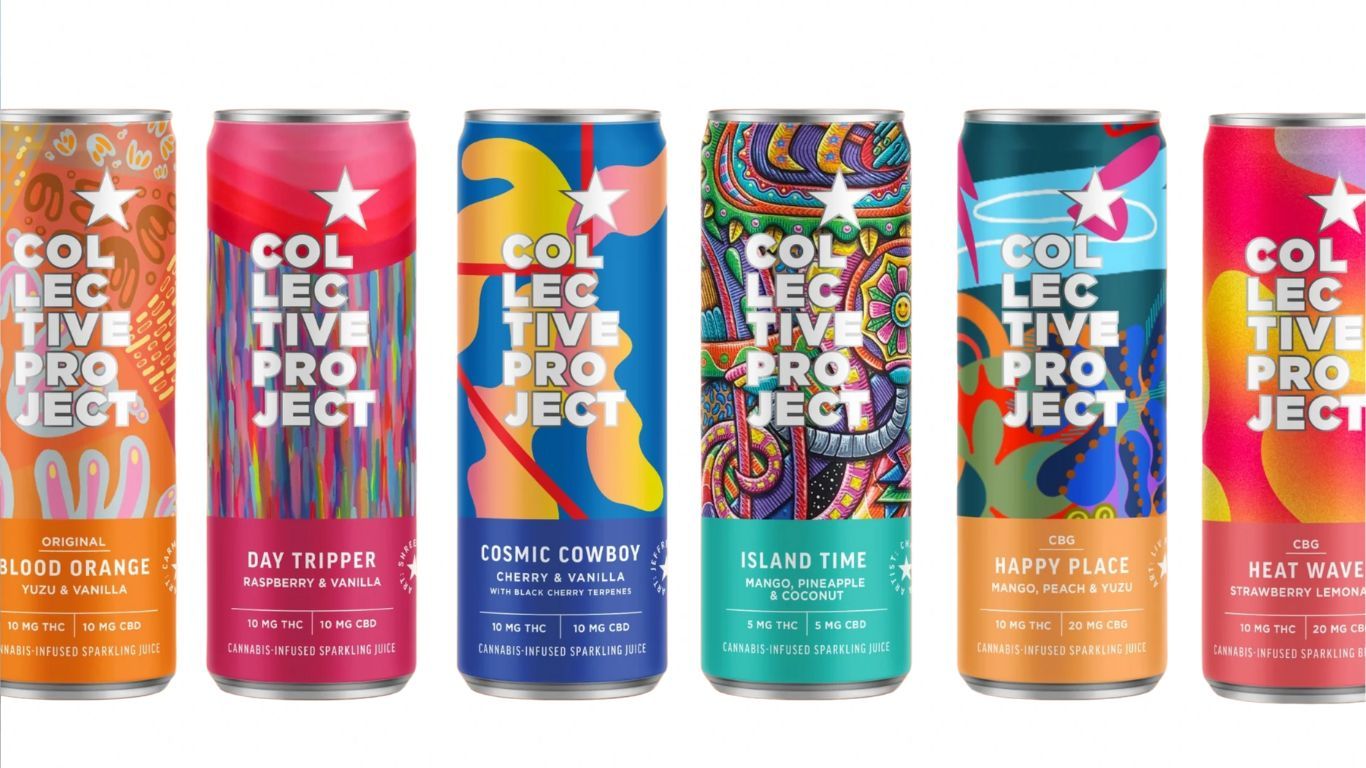
Canada’s cannabis system currently lacks one standard testing methodology for producers and labs to follow.
While each licensed analytical testing lab in Canada must follow certain standards, the lack of a single, cohesive standard across the industry leads to a lot of problems, from product recalls, to lab shopping and inconsistent consumer experiences.
While other countries have a specific cannabis pharmacopeia or monograph to work from, says Jodi McDonald of Keystone Labs in Alberta, offering analytical testing for commercial and home growers, Canada does not. Each lab has to provide evidence of their own standards within their SOPs, as do producers, but without one agreed-upon approach, inconsistencies remain.
“We need to start with the basic piece of information, which is the monograph,” says McDonald. That’s the one big thing that is missing – there’s no monograph that says this is what safe, quality cannabis looks like.
“In Germany, they started with a monograph,” she continues. “In the Netherlands they started with the monograph, and then all the other things started to fall into place. Whereas in Canada we started with what test we wanted to do but there was no requirement that was clearly defined that says this passes and this fails.”
“Other countries and organizations have done the work. I think it’s simple enough to say we reviewed the German monograph for cannabis flower, for example, and say that’s the acceptable standard for Canada.”
Devin Sears, the Director of Research and Development for cannabis and natural health products at Labs-Mart, also in Alberta, says he thinks a unified approach would be helpful, but could also be a challenge for established labs who have already built a specific methodology.
“There are two potential approaches,” says Sears. “First, there’s the approach of a unified pharmacopoeia.. This issue with this avenue is that several labs have invested significant capital in equipment and resources to develop and validate their own methods. This may create some resistance within the industry to standardization, as it means labs will have to redeploy new methods, and verify those methods within their environments.
“Another approach is through rigorous PT testing (Proficiency Testing) and a certification program like ISO where labs would accredit the method they have developed and validated. And then, through the accreditation process and PT samples analysis, they can verify they are meeting a standard set by a regulatory body.”
Labs-Mart, like Keystone, is a GMP lab as well, says Sears, and is considering ISO accreditation within the next year or two for their cannabis methods. ISO, the International Organization for Standardization, is the world’s largest developer and publisher of voluntary international standards for an array of industries around the world.
“The real issue driving the whole industry right now is that Health Canada has mandatory testing where they have specific limits on certain analytics, but there’s no real standardization for how the methods are to be managed. It simply states that a validated method must be used. Unfortunately, there’s no means of really following up on that.”











